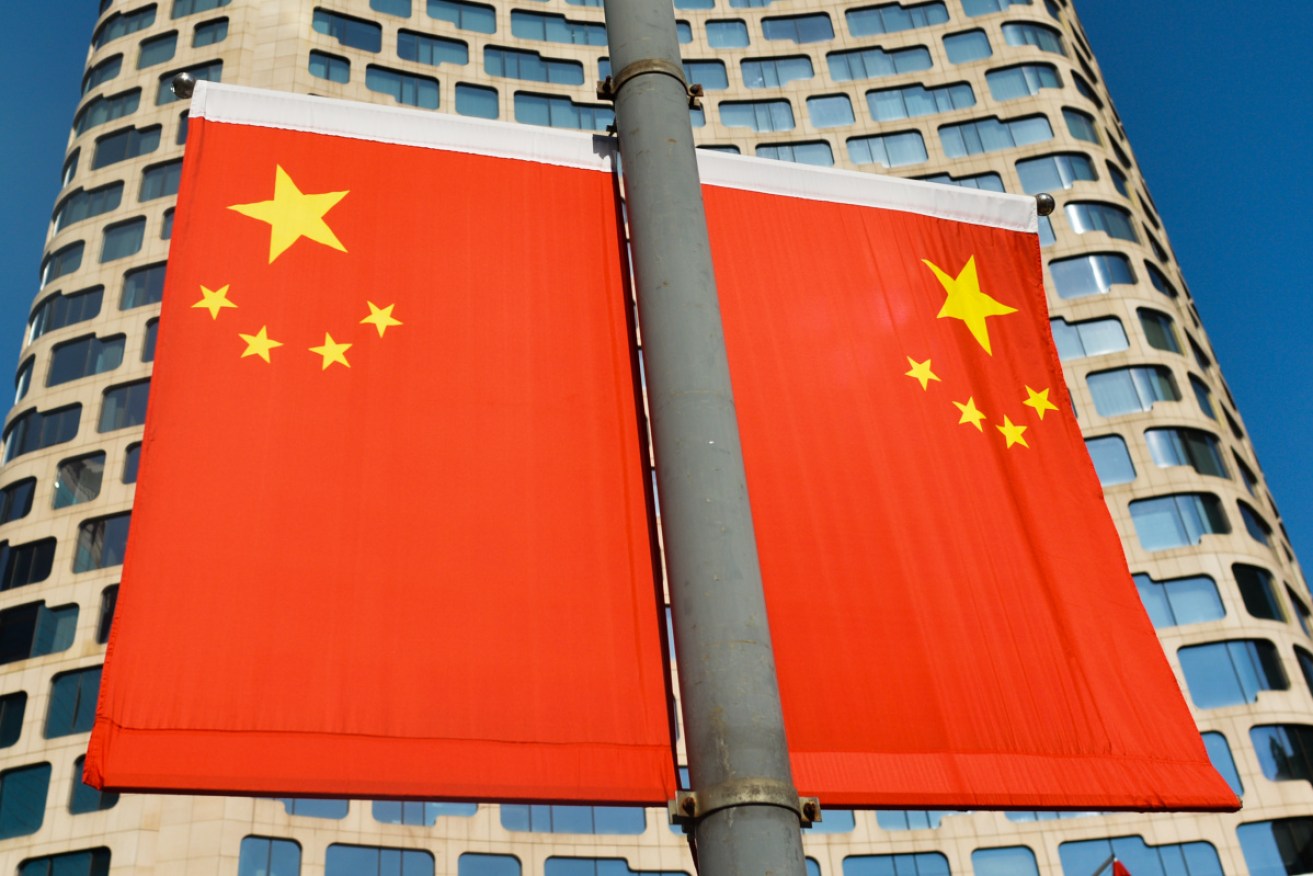While Europe bickers, Italy shows Australia how to get along with China


Explosive allegations of a Chinese plot to infiltrate Australia's parliament have surfaced in the past week. Photo: Getty
This week in London, one would be excused for thinking that the only thing happening of any political interest was Brexit – the UK’s process of leaving the world’s largest free-trade block.
But larger issues are taking place that at first seem disconnected, yet which in reality show China isn’t ‘growing’, but arguably ‘grown’.
This week President Xi visited Europe, had Italy sign up to its Belt Road initiative, had cultural artifacts returned and Uganda increasing Mandarin classes in its schools – threatening English.
Putting aside the blatant hypocrisy of a former colonial power crying foul— in English mind you — at ‘China’s linguistic imperialism’, these issues all show how China continues its return to global dominance, by getting things done in the backrooms while the old powers bicker in the front rooms.
So, let’s look at each of these issues and see how they are linked.
A relatively right wing and nationalist government in Italy is refusing to play ball with the European response to the Mediterranean migrant crisis, blocking refugees landing on their shores.
Policies like this would on the surface indicate a closing of borders and an inward-looking populist approach to governing.
Yet the government also announced the return of over 800 Chinese artifacts dating back to the Ming Dynasty — controversial as the returning of cultural relics is not normally done by right wing governments.

2000-year-old relics that are shown in the heart of the Italian city of Napoli. Photo: Getty
In Europe, the Greeks are still demanding the return of the Parthenon Marbles purchased from the country’s Turkish then-occupiers by Lord Elgin over two centuries ago, which are still on display in a London museum.
London refuses to do for its European ally what Italy has done for China.
Clearly Italy is taking a different approach to the UK. While not overtly stated as linked with Chinese President Xi’s visit to Italy, the events are more than synergistic and point to a different partnership approach.
While in Italy, the Chinese President agreed to a series of 29 deals with his hosts that are valued at around EUR2.5 billion. But Italy agreed to more than deals, it endorsed China’s ‘Belt Road’ Initiative.
We have been commenting for some years on these pages that there is a global shift in dynamic that Australia could take advantage of—if only Australia could determine how to weave a collaborative path to include both China and the US.

Chinese President Xi Jinping meets with Italian Prime Minister Giuseppe Conte earlier this week. Photo: Getty
Australia still has not figured out its role in ‘Belt Road,’ if any.
It seems Italy, a NATO member and US ally, has shown it is possible to sign up to Belt Road and have a military alliance with the US – and, perhaps, the collaborative approach to the US and China that Australia may emulate.
Equally Italy could provide an example to the UK about partnership, yet the UK is obsessed with its departure from the European Union.
Just this week, the ‘Mother of Parliaments’ in Westminster showed that there is still no agreement on how Brexit will happen.
Meanwhile the government of Uganda is increasing the teaching of Mandarin in Ugandan schools.
European powers are extremely nervous about China’s involvement in Africa as they see their own influence declining, symbolised no more than by the teaching of the Chinese language.
While the UK objects to Chinese ‘cultural imperialism,’ both China and Uganda point out that the Europeans did not complain when European languages were taught in schools – so why complain about China?
Particularly as China’s Belt Road is evolving into the greatest continental investment Africa has seen.

Italian classes are increasingly being taught in Uganda. Photo: Getty
But, in the great tradition of late-night TV advertisements—wait, there is more.
This week marked the almost total endorsement in sub-Saharan Africa of the proposed all Africa Free Trade agreement.
Also, Ugandan President Museveni became the first African head of state to ride the new Chinese-funded Mombasa to Nairobi train in Kenya.
These events taken together show that Africa is slowly but surely coming together, with China’s influence displacing Europe.
Even the Europeans themselves, through Italy, are starting to sign up to China’s vision, while Britain is looking inward.
For some years, we have been raising the question of China’s rise on these pages and have been asking how Australia should respond.
Without making a judgment about whether it is good or bad that China is rising, it is without doubt that in our children’s lifetime China will be the dominant influence.
Our question now, more urgent than ever, is to debate what Australia’s role will be in the changing world order.








